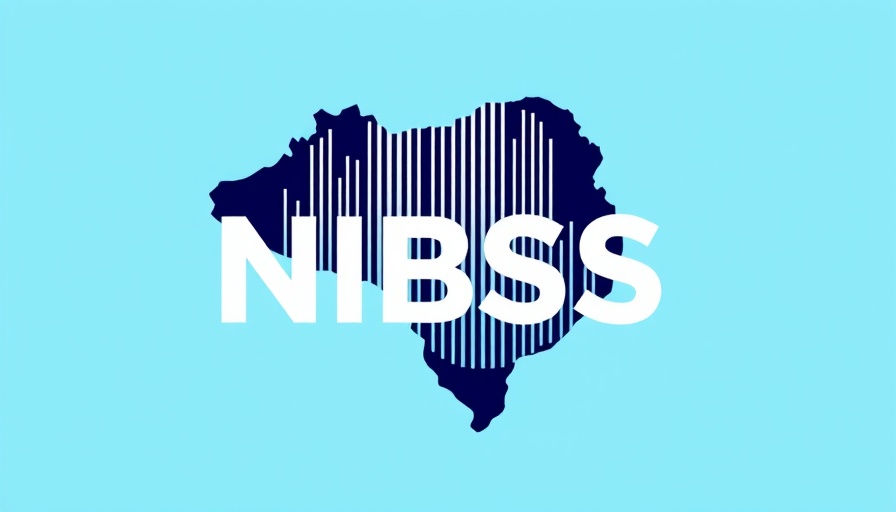
The Growing Importance of Payment Systems in Africa
As Africa continues its digital transformation, payment systems have become a cornerstone for economic growth and innovation. The recent lobbying efforts by Nigeria’s Interbank Settlement System (NIBSS) and Kenyan software provider Ceva Limited reveal just how competitive the space has become. By pushing for a new Fast Payment System (FPS) in Kenya, these companies are not only looking to expand their reach but also to self-disrupt traditional financial systems.
How NIBSS and Ceva Plan to Revolutionize Kenya's Financial Landscape
NIBSS and Ceva argue that their technology can ensure seamless interoperability in Kenya’s burgeoning payment ecosystem, connecting everything from banks to mobile money operators like M-Pesa. Ceva's letter to President William Ruto emphasizes that their solutions are developed with Africa's unique challenges in mind. The proposal is more than a business opportunity; it’s about creating an economic framework that can boost independence from foreign technologies.
Local Competitors and the Pushback Factor
If this ambitious project goes forward, it will likely face considerable pushback. Local mobile operators and banks have been advocating for an upgrade to the existing Pesalink system, arguing that it’s cheaper and faster to enhance existing infrastructure rather than starting from scratch. Estimates suggest that building a new FPS could cost around $200 million and take up to four years, which may be discouraging for the government.
Future Predictions: A Competitive Race Ahead
The lobbying for Kenya's FPS represents just one aspect of a broader trend toward digital payment innovations across Africa. From fintech solutions in Nigeria to mobile banking in Ghana, the continent is rapidly adopting technologies that could redefine economic interactions. Will NIBSS and Ceva succeed in their pitch to reshape Kenya’s financial landscape? Only time will tell, but the competition is fiercer than ever.
Why This Matters for Tech Entrepreneurs and Investors
For tech entrepreneurs and investors focusing on the African landscape, understanding these dynamics is crucial. The potential success of NIBSS and Ceva's proposal could set a benchmark for future fintech innovations, making this a key area to monitor. By staying informed, stakeholders can better position themselves to leverage opportunities that arise amidst this ongoing financial revolution.
In conclusion, the demand for a robust payment system in Kenya could pave the way for transformative change across Africa, impacting a wide array of industries. As the nation weighs its options, involving local stakeholders in the conversation is critical for fostering economic resilience and technological advancement.
 Add Row
Add Row  Add
Add 


Write A Comment